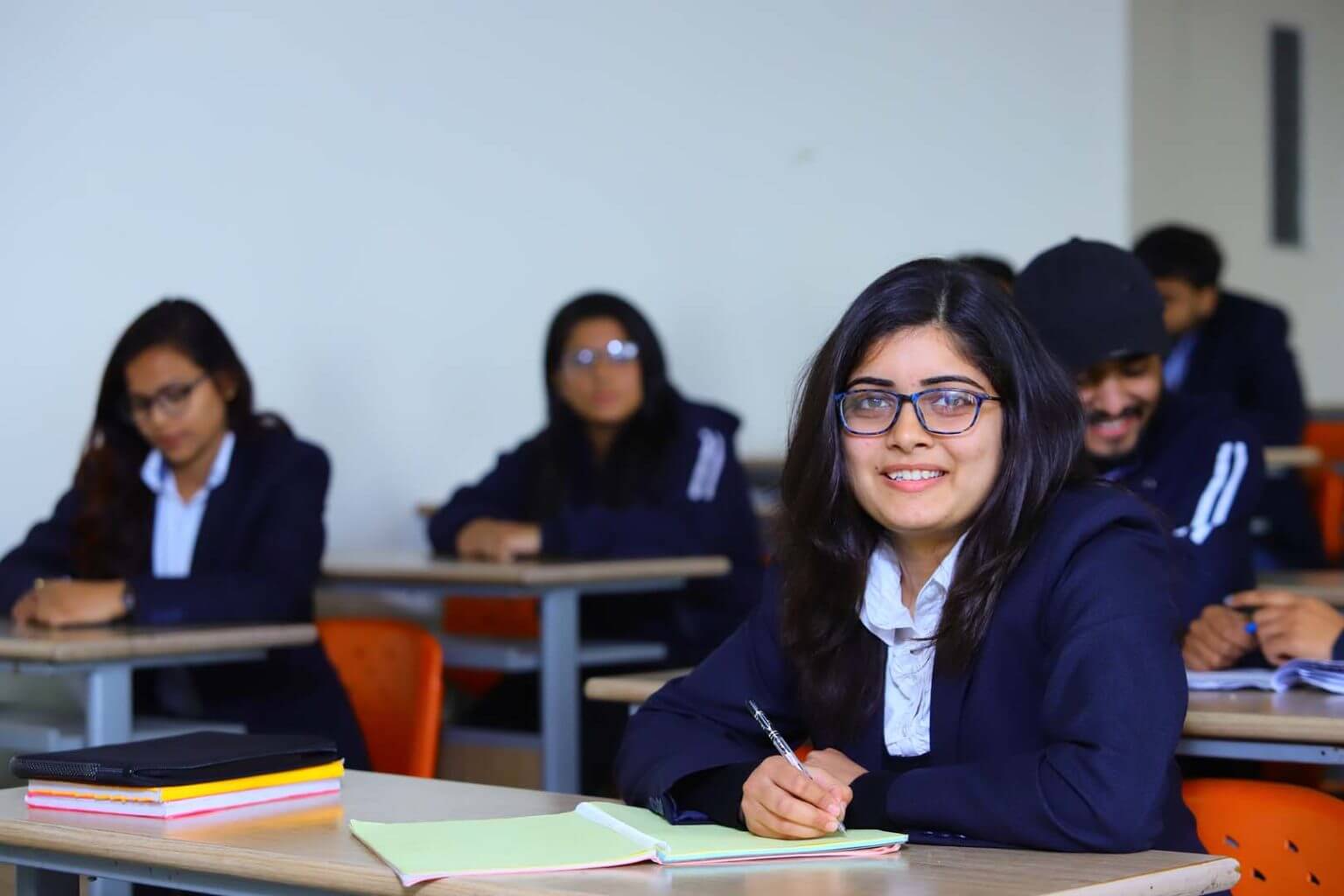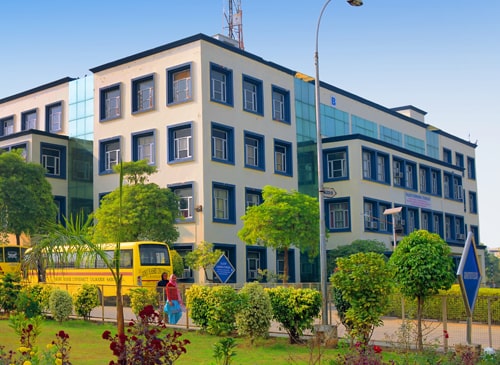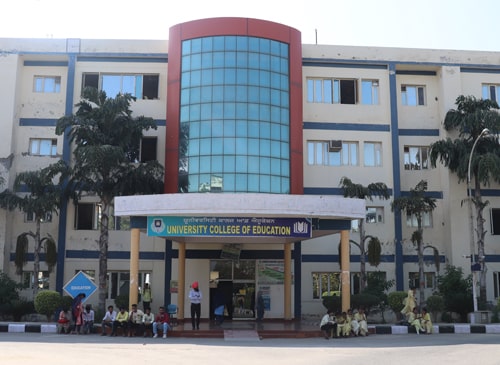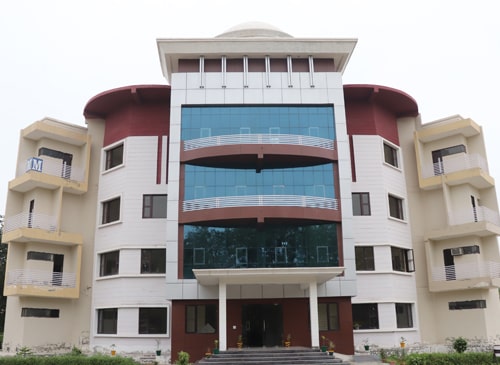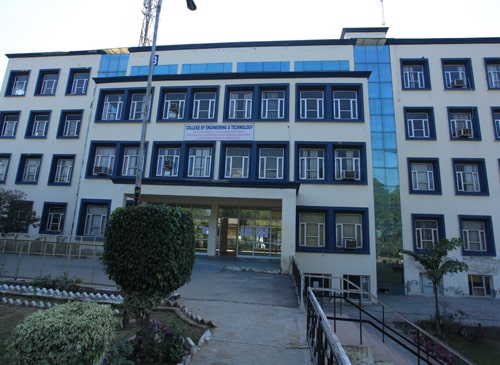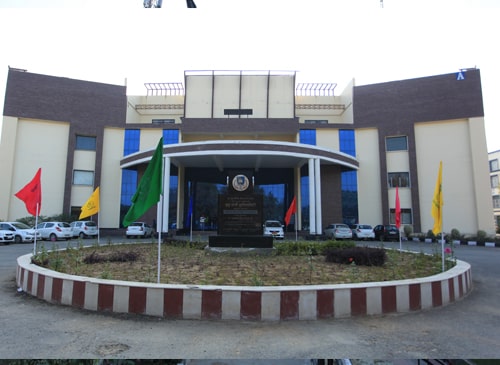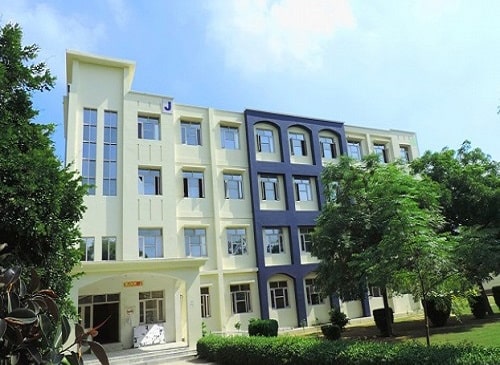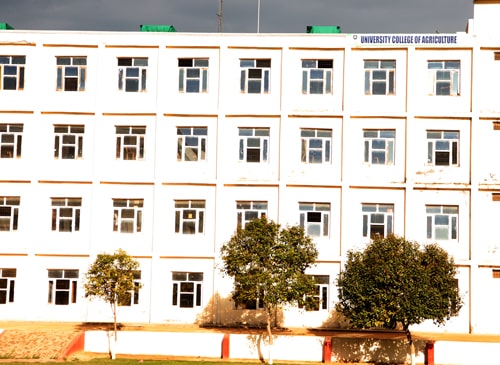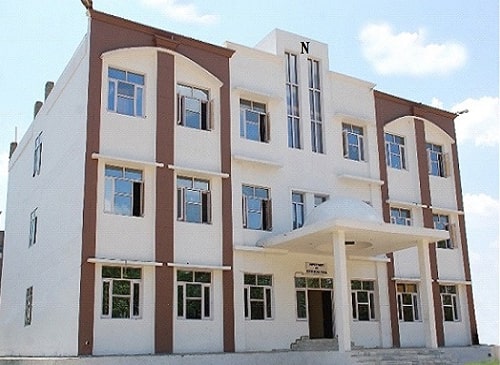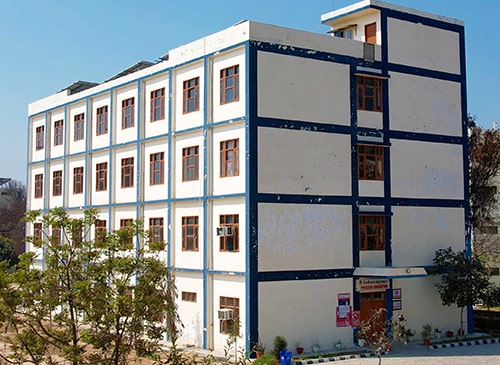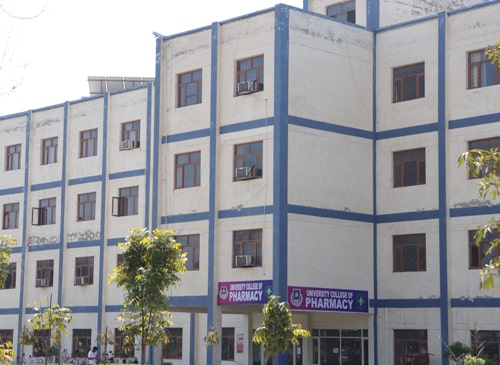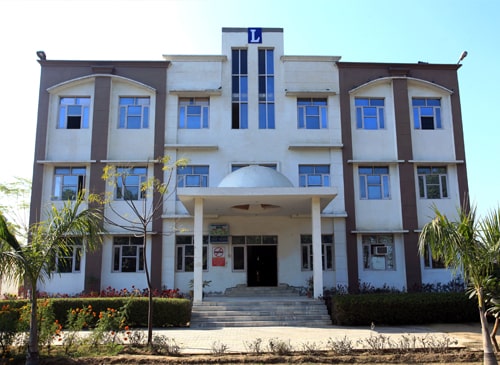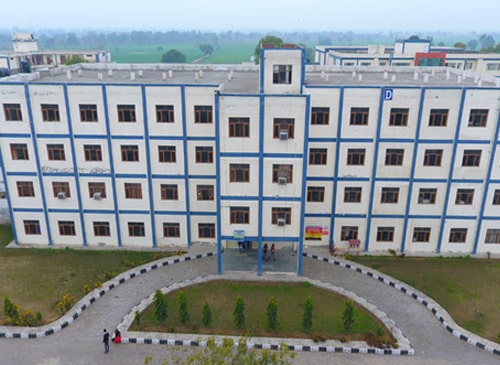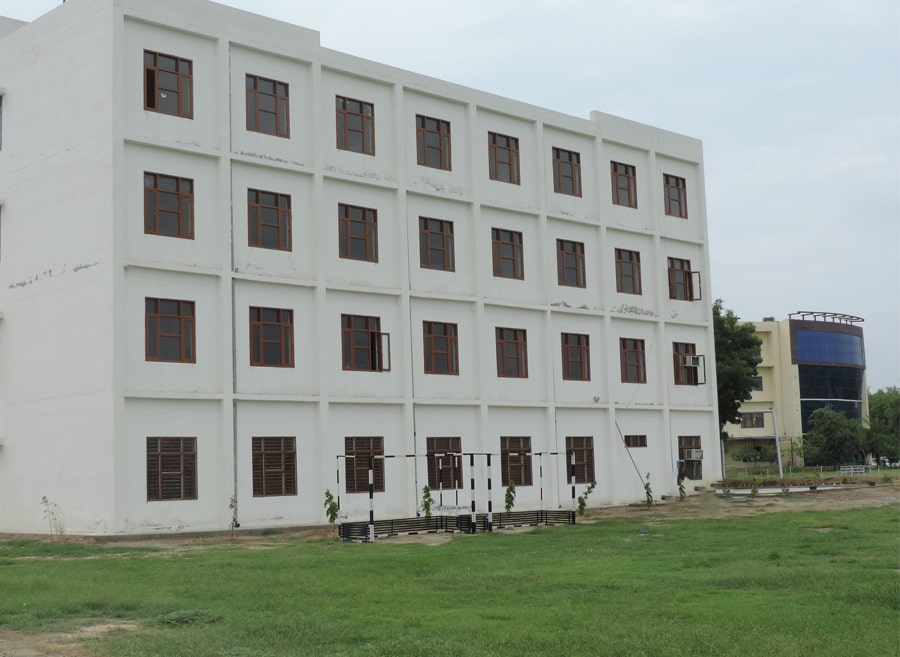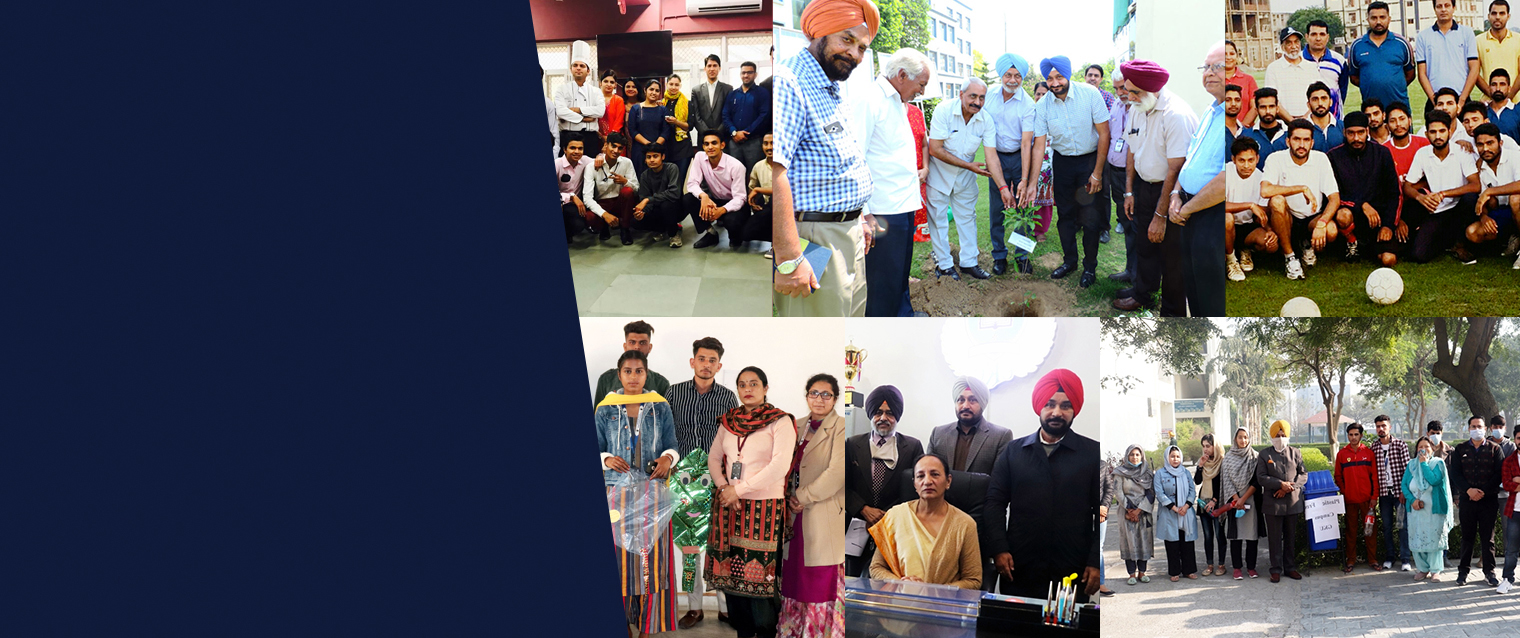Master’s degree in M.A. Economics offered by the Guru Kashi University provides a complete understanding of economic theory, empirical analysis, Mathematics, policy implications, Statistics, Econometrics, Data Analytics, and Public Policy. It includes the study of modern economic theories blended with a real-time, hands-on learning experience. Specializations in Public Policy and Governance, Economic Analytics, and Financial Economics are offered to students pursuing an M.A. in Economics at Guru Kashi University. Some of the unique courses offered by the department include Advanced Econometrics using Data Analysis using SPSS, E-Views, Advanced Data Analysis using Excel, Economics of Public Policy, Data Analysis using R, Public Policy and Governance, Public Policy Evaluation & Analysis, Gender Economics and Behavioural Economics.The complete program will help develop students’ preparation and professional competencies for a variety of careers as proficient economists.
